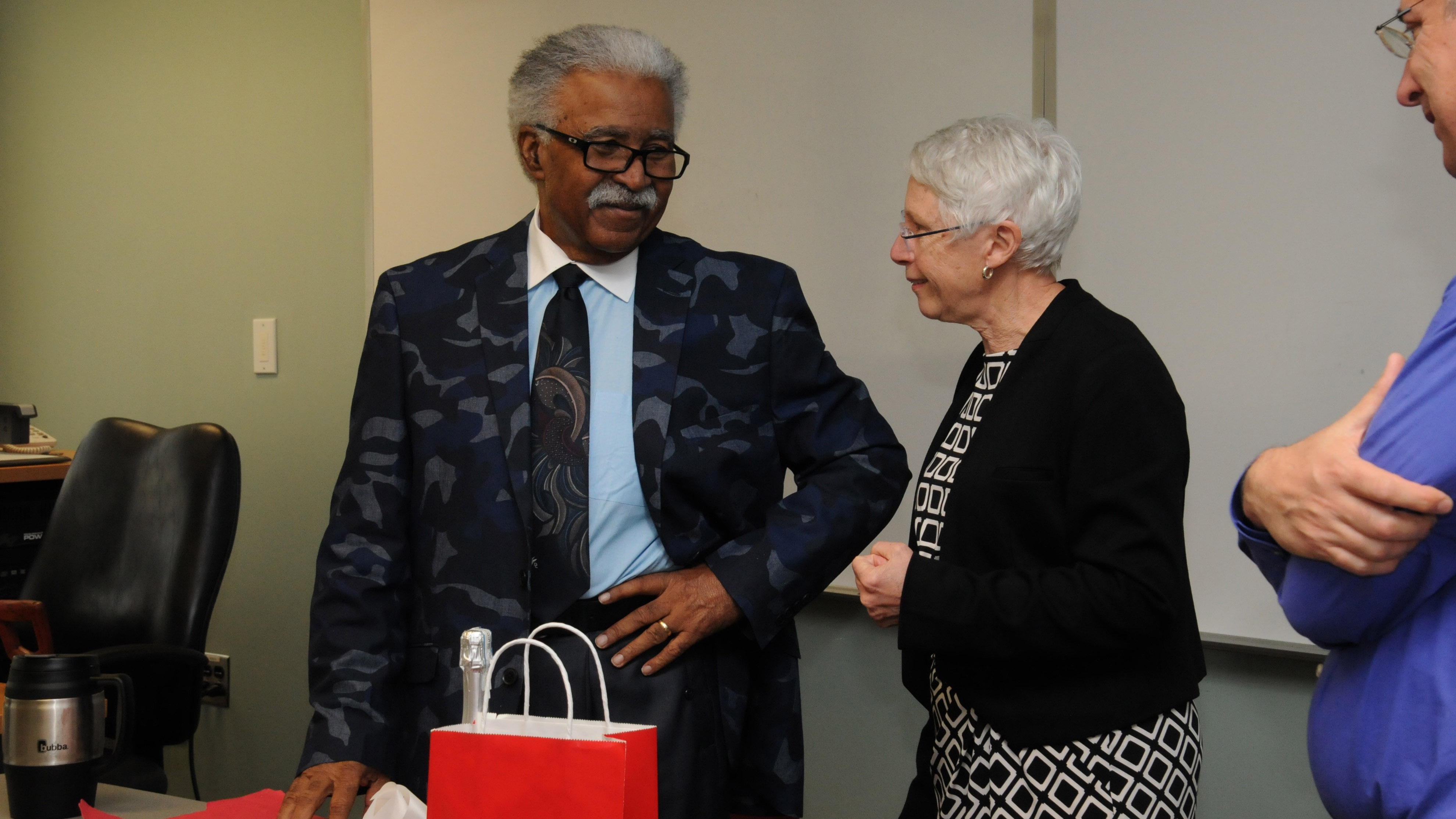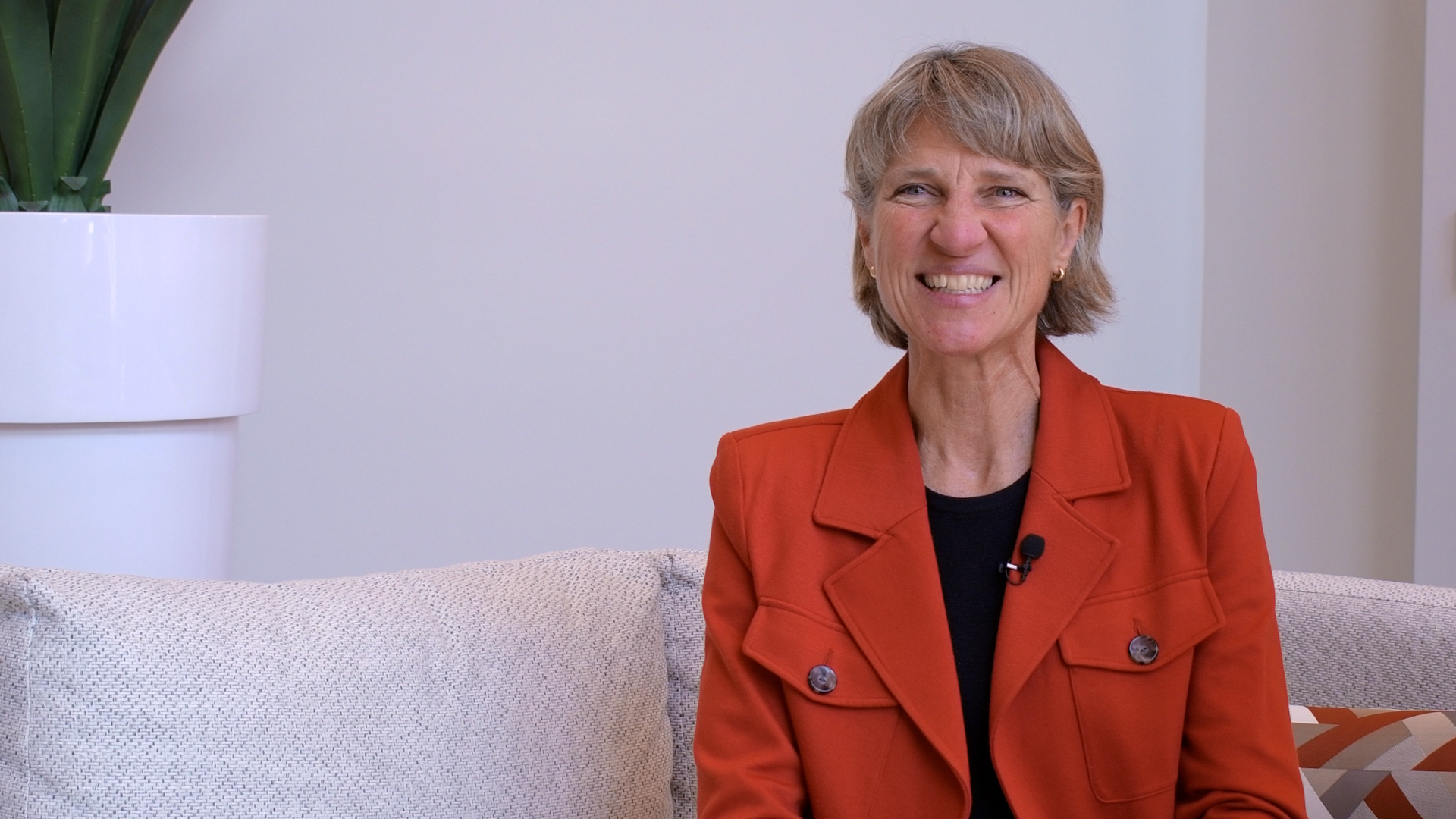A Lifelong Learner

Paul Bitting’s career spanned 50 years of educational evolution. Through that time, he sought to answer the question “How do we best educate our children?”
Bitting, an associate professor in the Department of Educational Leadership, Policy and Human Development, and assistant dean for diversity in the College of Education, retired this spring after 27 years at NC State.
“I have spent my entire life in schools in one form or another – there probably isn’t an aspect of school I don’t have experience in, from sweeping the floors to being a teacher, principal and a professor,” said Bitting.
Bitting’s experience as a student at North Carolina Central University during the height of the civil rights movement inspired his interest in educational access and opportunity for all students. He recalled professors asking students in class why they weren’t on the picket line if there was a protest against segregation in downtown Durham.
Here, equity – in the classroom and in society – began to shape Bitting’s educational interests.
After graduating from NC Central in 1967, Bitting, like many young African-American men from the South, headed north. He started out in New York City as a social worker, then moved into a middle school teaching position during a teacher’s strike in 1968. From that point, working with children became a focal point of his career.
By the early 1970s, Bitting had gained classroom experience and become an assistant principal in Brooklyn. Even on the administrative side of education, he saw in students a remarkable capacity to learn and engage with the world. His experiences, along with time studying at St. John’s College in New Mexico, continued to mold Bitting’s work in philosophy and education.
“During that time, I was forced to confront my own biases and prejudices, and reconcile my interests as a philosopher and an educator,” said Bitting.
He wanted to find out how to help children thrive throughout their time as students, to harness their energy and natural curiosity and keep them passionate about learning.
“We send children to school, which is very exciting for them, but the first thing we say to them is sit down and don’t move,” said Bitting. “We put them in a structure which is counter to everything they’ve done up to this point. Learning and play used to be all the same, and now learning becomes work. By third grade, all their enthusiasm is gone, and we have to try to rekindle that excitement.”
Bitting never lost that enthusiasm for education. After earning his bachelor’s degree and first master’s degree from St. John’s College in 1974, the Winston-Salem native earned a master of science in education administration from City University of New York in 1975. Bitting graduated with a master of arts in philosophy from the University of North Carolina at Chapel Hill in 1982, then returned to complete his Ph.D. in philosophy of education in 1985.
He came to NC State in 1989 as an assistant professor in what was then the Department of Educational Leadership and Program Evaluation. He spent his time on campus researching and teaching ethics, moral education and development, and multicultural and indigenous education.
Bitting served as assistant dean for diversity from 2006-2007, overseeing diversity development for academic programs and members of the campus community, as well as leading conversations around the need to produce culturally competent graduates. Bitting was widely considered the College of Education’s go-to resource for mentoring best practices, and spent much of his time mentoring graduate students, faculty and other professionals. He also led efforts in creating a climate survey for faculty and developed a framework for a college-wide curriculum audit.
Bitting’s colleagues, including Dean Mary Ann Danowitz, recognize the influence of his educational philosophy on the College of Education.
“Paul is a wonderful professor and a true leader in every sense of the word,” said Danowitz. “His efforts to increase diversity and classroom equity have touched countless students, and helped to close the achievement gap in our state. He leaves a legacy of love for education that will continue to impact the way we prepare future educators to innovate in the classroom.”
Over the years, Bitting sought to show educators how to keep students invested in learning. Keeping a passion for education alive meant developing excellent teachers, who in turn could create an environment that fosters empathy for and among students.
“Educators need to think about what others are feeling, and put themselves in the position of their students,” said Bitting. “If you want to truly educate children — to get them to develop an ability to think critically and reflectively — you need empathy, which is key to creating equity.”
- Categories:


